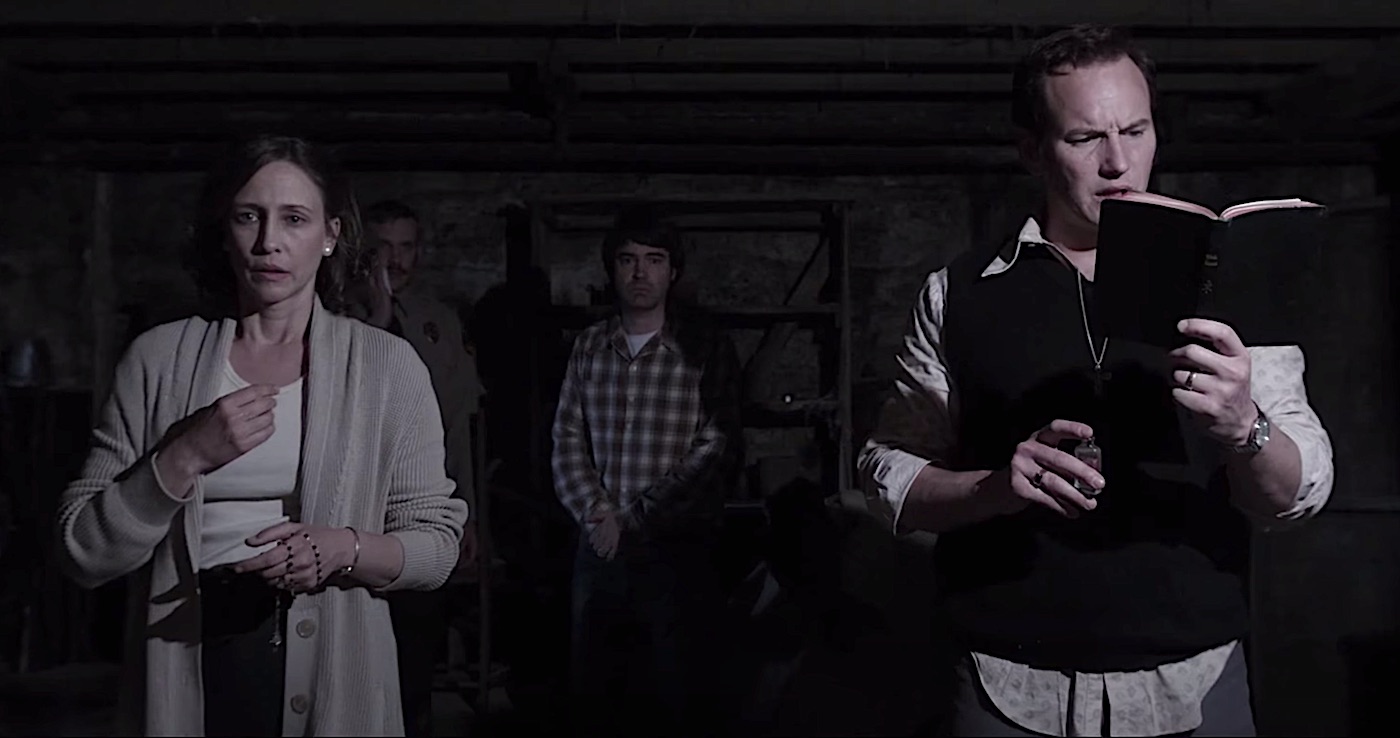Martha Wells returns to the Murderbot Diaries with the seventh book, System Collapse. It begins immediately after the events of the fifth book, Network Effect (book six, Fugitive Telemetry, actually takes place before book five and seven). Murderbot is just beginning to deal with the trauma of the earlier events, which I won’t spoil but involve a deeply unethical megacorporation, reckless human settlers, and invasive ancient alien technology. But before it can deal with its own mental health issues—or even acknowledge that it has any—it has to deal with representatives from said unethical megacorporation. Barish-Estranza has sent rescuers to the planet, and by “rescuers” I mean mercenaries who plan to indenture (forcibly if necessary) the surviving colonists and strip the planet of whatever resources it can extract. If they have to kill Murderbot’s humans to do that, they will.
Complicating matters are the colonists themselves. They don’t trust Murderbot’s crew anymore than they do Barish-Estranza. Furthermore, decades ago another set of colonists vanished on the other side of the planet. Are they alive and hiding, contaminated by killer alien technology, or plain old dead? Murderbot, a pack of humans, and a piece of ART the spaceship’s AI head off to find out, with Barish-Estranza hot on their heels.
The only thing I found frustrating with System Collapse was how it felt less like its own novella and more like 240 pages cut from Network Effect. I spent the first half of the story having no idea what was going on or why until I finally put the book aside and went back and read reviews and plot summaries of Network Effect. Murderbot went through a pretty traumatic experience in book five that directly impacts its life and job in book seven. Because of that trauma, Murderbot doesn’t want to engage with those memories and interrupts its own narration with “[redacted]”. Eventually Murderbot reveals enough that the reader can piece together the parts that they’ve forgotten to get the gist. It’s a stylistic choice that makes total sense with a narrator like Murderbot and feeds into readers’ own forgetfulness in interesting ways.
However, it’s also somewhat annoying for readers who haven’t been in this story since spring 2020. I struggle enough with books coming out a year apart, but three years—especially these past three years—means I basically came into book seven as fresh as newly fallen snow. I think the book needed a more thorough recap and much earlier in the story. Anyone who hasn’t read Network Effect yet should wait on System Collapse until they’ve caught up. This really is a story for current fans rather than new readers. (Newbies, I suggest the first novella, All Systems Red, obviously, or Fugitive Telemetry, a fun standalone hardboiled detective noir set on a space station.)
Buy the Book


System Collapse
Really, if that’s the only complaint I could muster, you know it’s a good book. I enjoyed every moment of it, even the frustrating ones. Martha Wells has a way of writing that makes me want to crawl into the pages and live in the world she’s created. The world feels so tangible, its history bigger than the sliver we see and its cultures complex and colorful. So far I’ve only read her Murderbot series and Witch King (which I also adored immensely), but I found both to be rich, vivid worlds populated with realistic characters in riotously diverse cultures and societies.
She also does something with her fantasy and sci-fi work that I don’t see as often as I’d like: ignore the gender binary. There aren’t queer characters in the sense of queerness we have in our world. In Wells’ books, queerness isn’t a marginalization or something that exists outside the “normal” or the binary. There just isn’t a binary. Some people use he/him, some use she/her, and others use any of the countless other pronouns available across the galaxy. Pronouns and gender identities are as vast and personal as there are types of people. No one treats pronouns like anything special, no one speculates about what body parts they have under their suits or what bathrooms they use, no one challenges anyone else’s pronoun usage based on their own personal, social, religious, political, or cultural preferences. Her stories imagine worlds where queer people get to be people, in all the mess that entails, without having to justify, explain, or fight for our existence. In real life I can barely get cis people to remember to use they/them for me, so yeah, I get outsized joy at reading about a world where everyone gets to be who they are without anyone else barging in to try and make you feel bad about it.
Look, there’s not much to say about Martha Wells’ System Collapse that hasn’t already been said before about the rest of the Murderbot Diaries books. It’s wild fun, action-packed, and reflective in unexpected ways. The strong undercurrent of critique on capitalism and colonialism, the themes of trauma and mental health, and the unencumbered diversity take a relatively harmless science fiction series and turn it into something vital and urgent.
System Collapse is available from Tordotcom Publishing.
Read the first three chapters.
Alex Brown is a Hugo-nominated and Ignyte award-winning critic who writes about speculative fiction, librarianship, and Black history. Find them on twitter (@QueenOfRats), bluesky (@bookjockeyalex), instagram (@bookjockeyalex), and their blog (bookjockeyalex.com).










